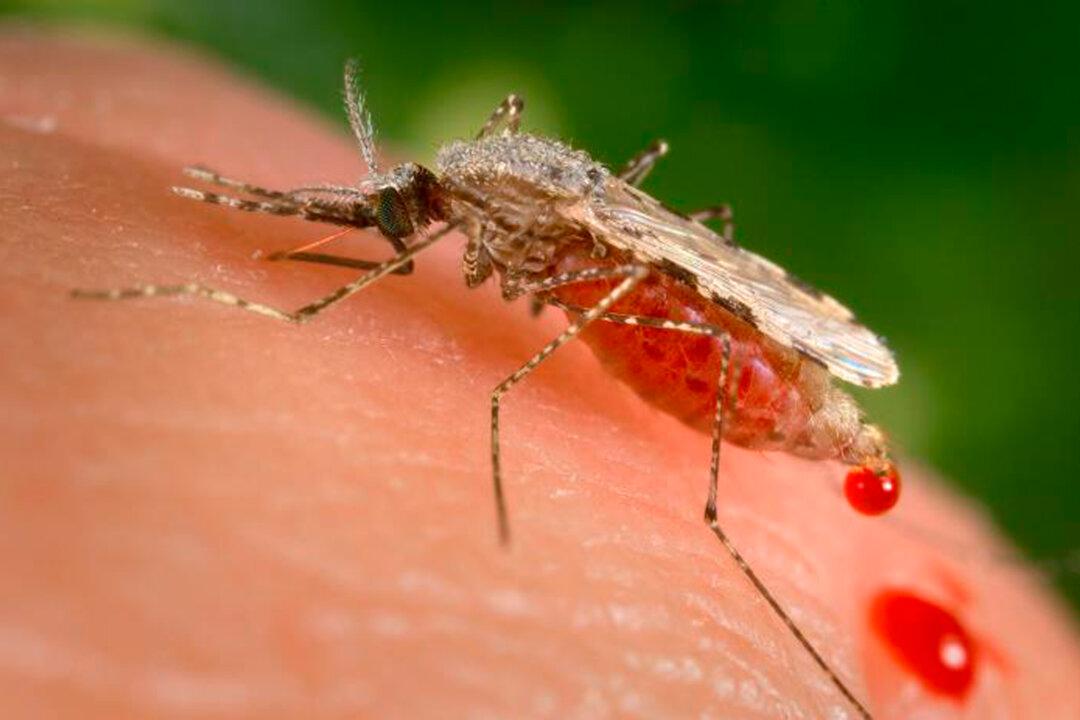Deaths due to malaria jumped after the pandemic, with four nations from Africa accounting for much of the deaths last year, according to a report from the World Health Organization (WHO).
Between 2000 and 2019, global malaria deaths declined from 897,000 to 568,000, states the World Malaria Report 2022 published Dec. 8. In 2020, malaria deaths rose by 10 percent to 625,000 and then declined slightly to 619,000 in 2021. The 63,000 additional deaths between 2019 and 2021 are being blamed on the COVID-19 pandemic having disrupted “essential malaria services.” The global malaria mortality rate dropped from 20 per 100,000 people to 14 between 2000 and 2019, only to rise to 14.8 in 2021.





